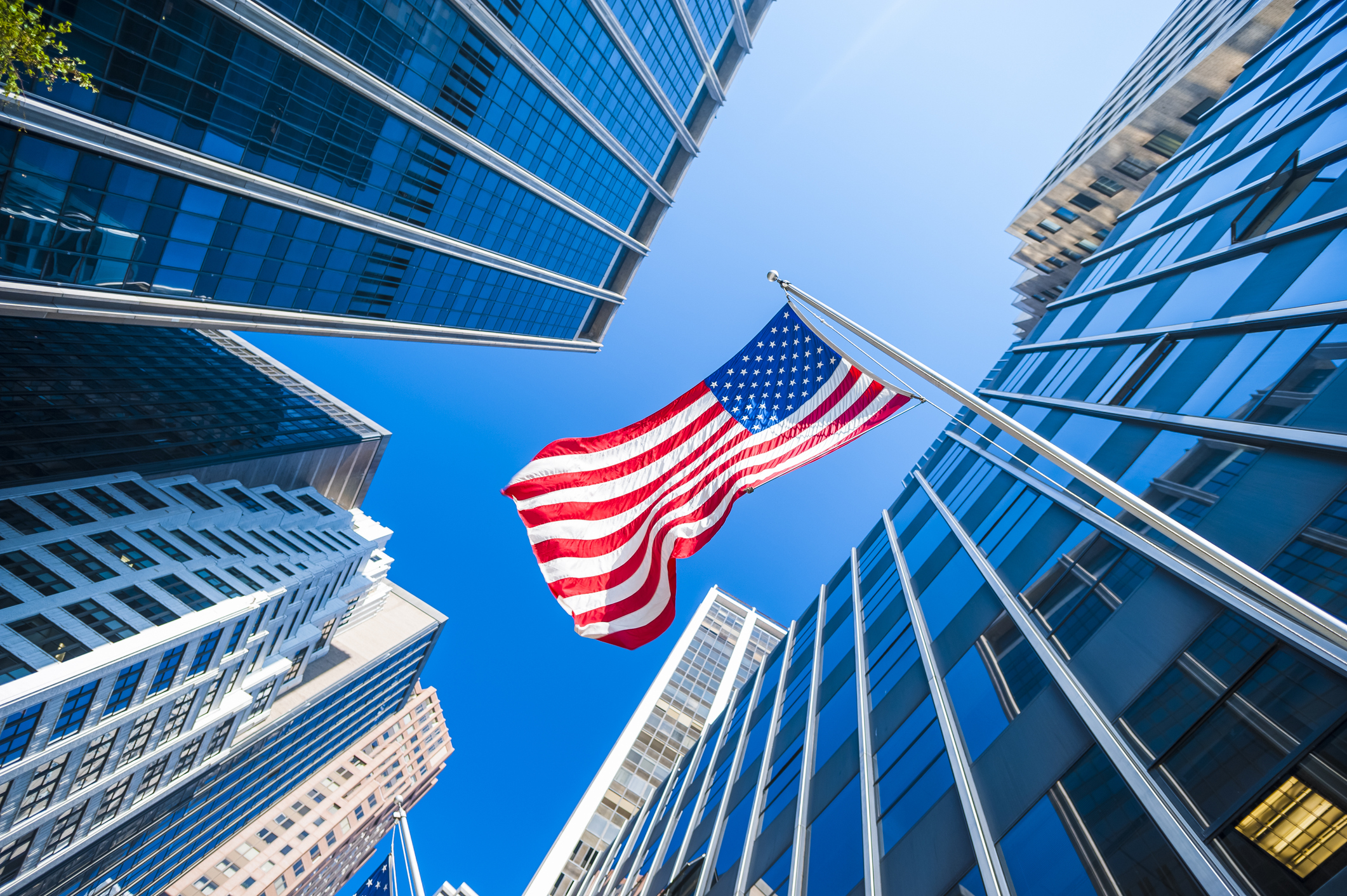Employment Law Report
The Ongoing DEI Dilemma for Corporate America

By: R. Joseph Stennis, Jr.
In his first 100 days in office, President Donald J. Trump issued 142 executive orders. That is substantially more than the previous record held by former President Franklin D. Roosevelt, who issued 99 executive orders during his first 100 days back in 1933 – which were issued primarily to combat the Great Depression! To put the timeline of President Trump’s barrage of executive orders into even greater perspective, it took both Presidents Barack Obama and George W. Bush (who dealt with a national crisis of the New York city trade center terrorist attacks) nearly their entire first terms to reach the 142 milestone.
Many of President Trump’s executive orders are not without controversy or scrutiny. Particularly those that seek to target diversity, equity, and inclusion (“DEI”) policies. These “anti-DEI” executive orders have prompted numerous federal agencies to remove pictures of renowned black historical figures from government buildings; scrubbing government websites of content (including the Pentagon’s removal of webpages of minority service members, some of which were actually later restored); banning of certain literature in libraries; and even the Smithsonian is at risk of losing its federal funding according to President Trump due to its alleged advancement of “divisive narratives” and “improper ideology.”
So what does this all mean for DEI programs and policies in corporate America whose employees and consumers are diverse, male and female, transgender, disabled, etc.? How do companies navigate this new horizon of what it means to embrace or reject (or something in between) the idea of a diverse workplace which time and time again has been proven to add significant value to a company’s bottom line – in addition to creating a work place reflective of our country’s society? These are NOW difficult questions to answer given the Trump administration’s stance on DEI, but all is not lost. In fact, many of our country’s biggest and most established companies are pushing back.
In February of 2025, Apple shareholders had to vote on a proposal from the National Center for Public Policy Research to eliminate its DEI policy because it could lead to legal exposure and other financial risks to the company. The proposal was rejected, as a result of Apple asserting its DEI policy as a vital component not only of its corporate culture, but also as it contributes to its success. Apple’s “Inclusion & Diversity” page can be accessed here . Likewise, Ben & Jerry’s has reaffirmed its commitment to its DEI policies and practices and has been publicly outspoken about President Trump’s “anti-DEI” orders. As Ben & Jerry’s website states, “Make no mistake, these attacks on DEI programs and policies are part of a larger, coordinated effort to stop the collective progress we’ve made on issues of racial justice and equity and the pledges made to accelerate change.” Lastly, Costco has held steadfast in its commitment to DEI initiatives. In fact similar to Apple, Costco’s shareholders voted resoundingly against a proposed anti-DEI initiative. Costco’s board stated that it appreciates the company’s “commitment to an enterprise rooted in respect and inclusion [that] is appropriate and necessary.” Currently there are at least 26 major corporations that still support DEI programs and initiatives.[1]
Such strong corporate stances are commendable. However, whether businesses stay resolute over time as scrutiny and enforcement of President Trump’s “anti-DEI” policies by federal agencies occurs will be the true test. There was not much guidance when President Trump issued his “anti-DEI” executive orders initially, but more federal agencies are beginning to put the “enforcement pieces” together. As an example, the EEOC recently published a Q&A webpage titled “What You Should Know about DEI-Related Discrimination at Work.” Interestingly at this webpage, the EEOC states (among other things), that “Under Title VII, an employer initiative, policy, program, or practice may be unlawful if it involves an employer or other covered entity taking an employment action motivated-in whole or in part-by race, sex, or another protected characteristic.” Any such employment action solely based on an employee’s race, sex, etc. has always been unlawful. So it is not really clear how this guidance is new or unique in any way other than to expressly target DEI. Also, a memorandum from US Attorney General Pam Bondi to “All Department Employees,” , states that the Department of Justice’s Civil Rights Division “will investigate, eliminate, and penalize illegal DEI and DEIA, preferences, mandates, policies, programs, and activities in the private sector and educational institutions that receive federal funds.[2] AG Bondi’s memorandum dovetails with President Trump’s Executive Order 14173 which among other things, seeks to “encourage” the private sector (and presumably publicly traded corporations) to dismantle their DEI policies.
And there are quite a number of companies that appear to be capitulating to President Trump’s “anti-DEI” order by either making some revisions, or scrapping altogether, their DEI programs, including: IBM (shifted its supplier diversity goals away from race and gender to small businesses and veteran-led companies, and also discontinued the link between executive compensation and diversity hiring goals); Gannett (no longer publishes diversity data and removed references to “diversity” at its company website); and Victoria’s Secret (after reevaluating a supplier diversity goalhalted promotions of a certain percentage of Black Women), to name a few.
As an employment lawyer, it is clear to me that we are at a fork in the road with DEI programs under President Trump. But the reasoning by the administration is still not clear. The fundamentals of discrimination have always been the same even prior to the concept of DEI. Employers have, for a very long time, been prohibited from hiring, promoting, terminating, or rejecting an applicant based solely on his or her race, sex, etc. Incentivizing executives to promote or hire someone strictly based on their race, gender, etc. has always been an unfavorable (and likely unlawful) practice. So strictly from that perspective, it would appear President Trump’s efforts to make DEI policies more in line with Title VII and other existing federal laws is redundant but possibly rational. But it’s unclear as to whether that is what is going on, as the administration’s goals seem confusing and complicated at best. And in fact it just might be the case that President Trump’s attempts to rid companies of DEI policies backfires and creates disparate treatment discrimination against women and minorities. Only time will tell.
For those companies seeking to uphold their DEI policies and programs (and there are many of them at the moment), stay the course but be cautious. As litigation develops in this area, legal exposure will certainly be a concern. And no one wants to be the “test case.” Even if you choose to maintain DEI policies, seek guidance from counsel to navigate the choppy waters. For those looking to modify their DEI policies, the EEOC Q&A is a good starting point along with guidance from an employment attorney. Our firm would be happy to assist either way you choose to proceed.
Stay tuned as this area of the law continues to develop.
[1] https://www.advocate.com/news/companies-keeping-dei#rebelltitem13
[2] However, the memorandum also stipulates that “educational, cultural, or historic observances—such as Black History Month, International Holocaust Remembrance Day, or similar—that celebrate diversity, recognize historical contributions, and promote awareness without engaging in exclusion or discrimination—are not prohibited.
